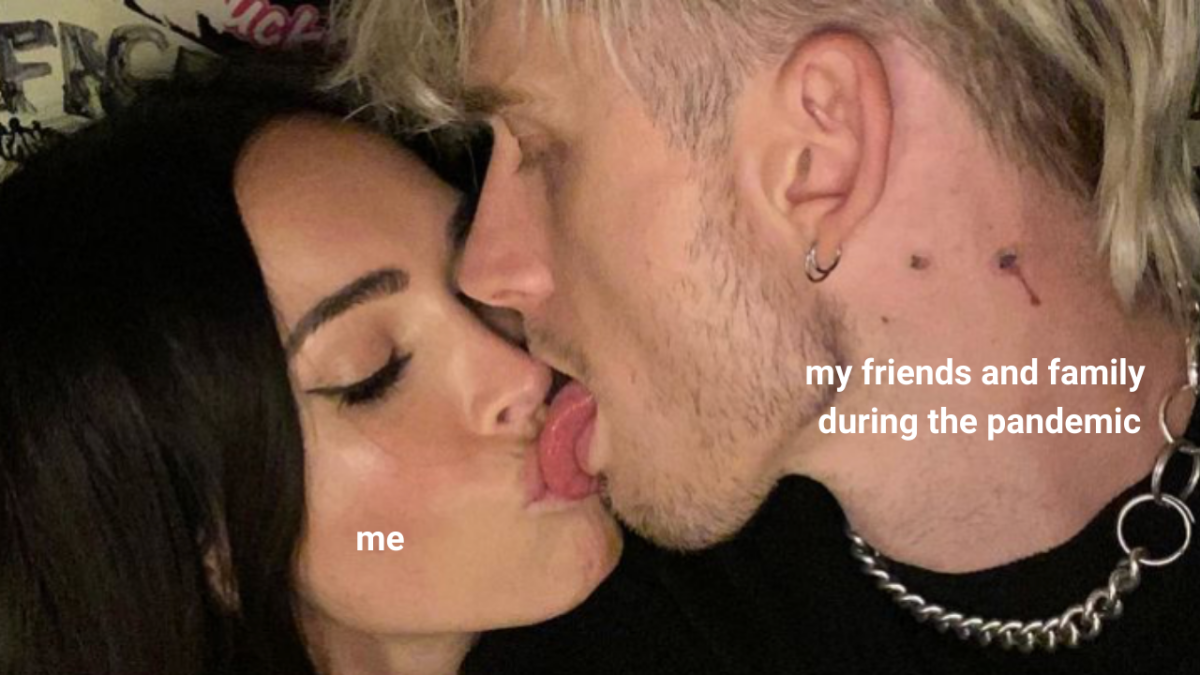
Researchers have found people feel they’re less likely to contract COVID-19 when in the presence of friends than when around strangers, despite friends posing a greater risk. Ooft they’ve really hit onto something here.
We’ve all known people who gladly flouted lockdown rules to spend hours at a time with friends or family but would visibly wince when an unmasked stranger passed them for a SECOND on the street.
Yes limiting contact to a small number of people is an effective protective measure against infection, but turns out being around loved ones lulls us into a false sense of security.
University Carlos III researchers in Madrid said they found a “friend shield effect” similar to the commonly documented “intimacy paradox” which explains we may feel safest among those who pose us the greatest risk.
We feel safe among family but spending Christmas lunch with them, for example, at the height of the Omicron wave could have been the most surefire way of contracting the virus.
“Limiting interactions to close friends and family members is a common protective measure to reduce COVID-19 transmission risk, but the study findings demonstrate that this practice also unintentionally creates other issues, in that people tend to perceive reduced health risks and engage in potentially hazardous health behaviours,” the Madrid researchers reported.
Turns out we’re predictable creatures who fear the unknown.
This wasn’t the first study to report this paradox in relation to COVID-19.
The School of Public Health and Community Medicine at the University of New South Wales also published an article in 2020 that said people widely reported being more afraid of passing joggers, cyclists or strangers in public spaces like supermarkets than they did their families and friends — despite being much, much more likely to be infected by them.
Australian health officials knew this too, which explains why visitors to the home per day were limited even outside of lockdowns and were one of the last restrictions to ease.
In Melbourne’s 2020 lockdown Victorian Premier Daniel Andrews repeatedly alluded to the way people behaved less cautiously at home even with guests.
“People are not necessarily keeping their distance in their family home. It’s a natural thing, you let your guard down,” he said in July 2020.
It is natural, but what’s slightly more worrying (and not surprising) is the Madrid study found those who felt the “friend shield effect” more strongly were more likely to be aligned with the right side of politics.
Soooo, good luck with those awkward conversations I guess.



